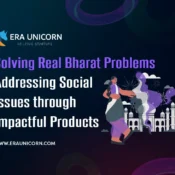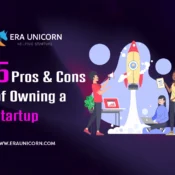
Startup Blunders to Avoid: Lessons from Failed Ventures
Who doesn’t want to be their own boss? Be the captain of the ship. Starting a business is exciting, but it can be a bumpy ride. To increase your chances of success, it’s essential to learn from others’ mistakes. Here are some common education blunders that can sink a startup:
1. Neglecting Education Market Research
Before launching your startup, research your audience, their needs, and what your competitors are up to. This education will guide your decisions and increase your chances of meeting demand.
2. Skipping the Business Plan
A well-structured business plan outlines your goals, strategies, and financial forecasts. It serves as your roadmap, helping you stay on course when challenges arise.
3. Going Solo
Many startups fail because they rely solely on one person’s skills and ideas. It’s like trying to win a game of chess with just one piece. Building a diverse and talented team is crucial. Different perspectives and skills can help you navigate obstacles and innovate effectively.
4. Neglecting Financial Management in Education
Money matters, and not keeping a close eye on your finances can lead to disaster. Startups often run on tight budgets, so managing your resources wisely is a must. Track your income and expenses diligently, and have a clear financial plan to avoid running out of funds.
5. Ignoring Customer Feedback
Your customers are your compass. If you disregard their feedback, it’s like trying to sail without a map. Engage with your customers, listen to their opinions, and adapt your business accordingly. Their insights can help you refine your products or services.
6. Overlooking Marketing and Sales
Even the greatest product won’t sell itself. Neglecting marketing and sales efforts is like leaving your store’s lights off; no one will know you exist. Develop a robust marketing strategy to reach your target audience and invest in education and sales efforts to convert leads into customers.
7. Scaling Too Quickly
Growing too fast can be as detrimental as not growing at all. Expanding before you’re ready can strain your resources and lead to poor customer experiences. It’s crucial to scale at a pace that aligns with your capabilities and market demand.
8. Underestimating Competition
Thinking you have a market all to yourself is a recipe for disappointment. Research your competitors and understand their strengths and weaknesses. This knowledge will help you differentiate your startup and create a winning strategy.
Concluding how education can save you time & money
Learning from the mistakes of failed startups can save you time, money, and headaches. By avoiding these common blunders, you’ll be better equipped to navigate the challenges and uncertainties of entrepreneurship.



